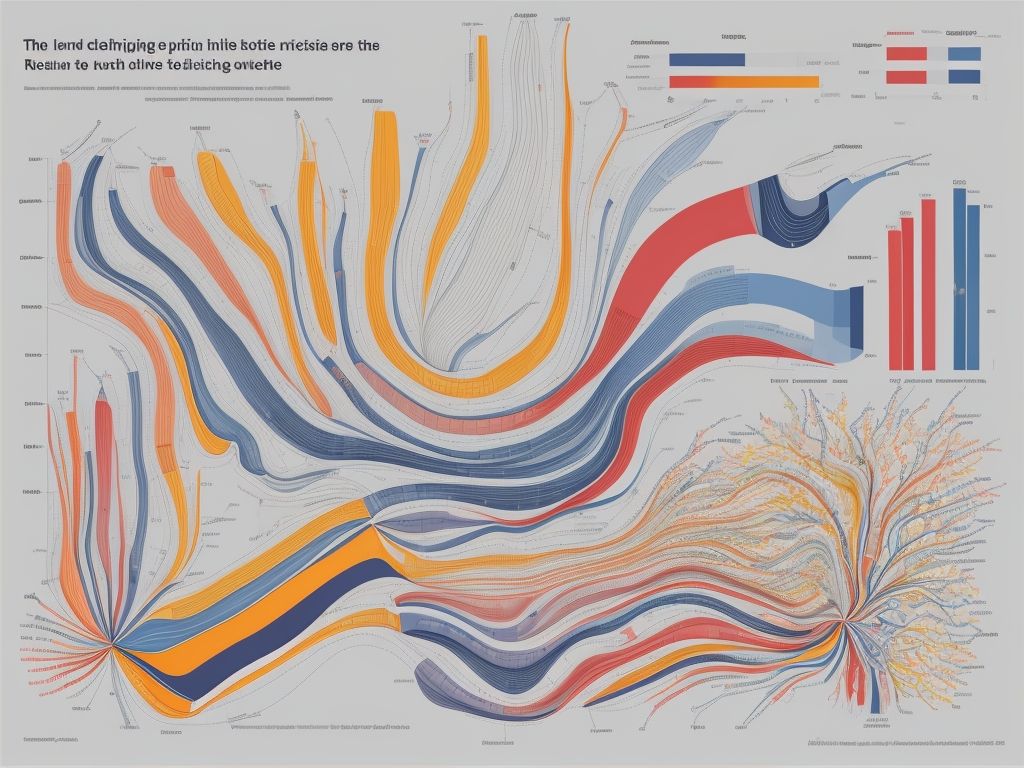There’s no happy ending for the GOP
Coming off of yet another rough week, Donald Trump still trails Hillary Clinton in the race for the White House, by an average of six percentage points in national polls as of last count.
Perhaps even more perilous for Trump is his standing in critical swing states. Battleground polling out last week suggests that in both “diverse” swing states (like Florida) and “rust belt” swing states (like Ohio), Trump trails by around an 8-point margin. For a point of comparison, Mitt Romney — who has been constantly derided by Trump as a “loser” — lost Ohio by only three points, and lost Florida by only less than one point.
With yesterday’s FBI declaration that Clinton, despite egregious recklessness with national security, ought not be charged criminally, Clinton has now gotten past James Comey and now must only get through Donald Trump on her path to the White House. While it is four months to Election Day, Trump will need to dramatically reverse his current standing in order to seriously compete.
Trump is, at this point, extremely unlikely to be president of the United States. So when the dust settles on November 9th, what will the Republican Party do in the wake of this defeat? Does the GOP really need to hit rock bottom in order to reform itself into an institution capable of actually promoting ideas and candidates who connect with the values of most Americans?
While I believe we Republicans are in for a “rock bottom” moment, I’m not so confident that the road to recovery will be a clear one.
Consider this: The debate over why Republicans lost the 2012 election was never resolved. As I’ve written before, there are broadly two factions in this war: Those who believe Republicans lose by being too moderate and failing to adhere to principle, and those who believe Republicans lost by being too conservative and failing to build a broad coalition.
Donald Trump getting blown out in the 2016 election will, sadly, do nothing to advance this debate.
It is easy to imagine what the November 9th tweetstorm from Donald Trump will look like: Part allegations that Democrats stole the election, part condemnation of the “establishment” Republicans who failed to support him. (Of course, those are the same Republicans who Trump and his supporters now say are not needed for Trump to win the big, huge victory he’s supposedly due to have.)
Of course, if it were as simple as Trump vs. #NeverTrump, then a massive Trump defeat would seem to vindicate #NeverTrump’s claim that his candidacy was a disaster waiting to happen, and that the GOP needs a different path.
The trouble is that #NeverTrump is hardly a unified force, and even within the faction of those who oppose Trump’s takeover of the party, there’s plenty of finger-pointing to be done.
Some on the right who oppose Trump do so because he is constantly in the business of alienating people, recklessly throwing around extreme rhetoric and taking positions far outside the political mainstream on a host of issues. If you consider the Republican Party’s “Growth and Opportunity Project” report of 2013 (colloquially known as “The Autopsy”), Trump’s candidacy is the polar opposite of nearly everything that report proposes, from the strategic (appealing to Hispanics, etc.) to the tactical (using data and digital effectively).
These “Autopsy #NeverTrump” types will no doubt point fingers at the very conservative or Tea Party wing of the party for having fostered an environment of intransigence and vitriol that paved the way for Trumpism to thrive.
But there is another faction of #NeverTrump that in fact is that very conservative Tea Party wing of the party. They oppose Trump because he is plainly not a conservative and has admitted as much. Throughout the campaign, Trump has been a blatant apostate on issues ranging from 9/11 to Planned Parenthood to the size and scope of government, and seems not to care much for liberty or limits on executive power.
The “Tea Party #NeverTrump” faction will certainly point to those who embraced the “autopsy” and claim that support for a more moderate tone or policies like comprehensive immigration reform left voters angry over broken promises. This created a primary electorate ready to blow up a party that stood for nothing, creating the conditions for Trump.
Trump will blame #NeverTrump for his loss. But the two halves of #NeverTrump will hold one another responsible for his rise.
If Donald Trump wins, he will have redefined the party, period. But if he doesn’t — and it is overwhelmingly likely he won’t — there will likely be a lot of great data to explain what Republicans ought to do to move forward productively. But don’t expect that to matter to some; on November 9th, there will also likely be plenty of blame to go around and fingers to point, facts be damned.
Kristen Soltis Anderson for Washington Examiner, 7/6/16
- University of Massachusetts Amherst Polls: Analyzing Voter Behavior in Massachusetts - January 5, 2025
- Polling Insights from University of Massachusetts Lowell: A Close Look at Voter Shifts - January 5, 2025
- University of New Hampshire Polls: Analyzing Key Presidential Primary Data - January 5, 2025





